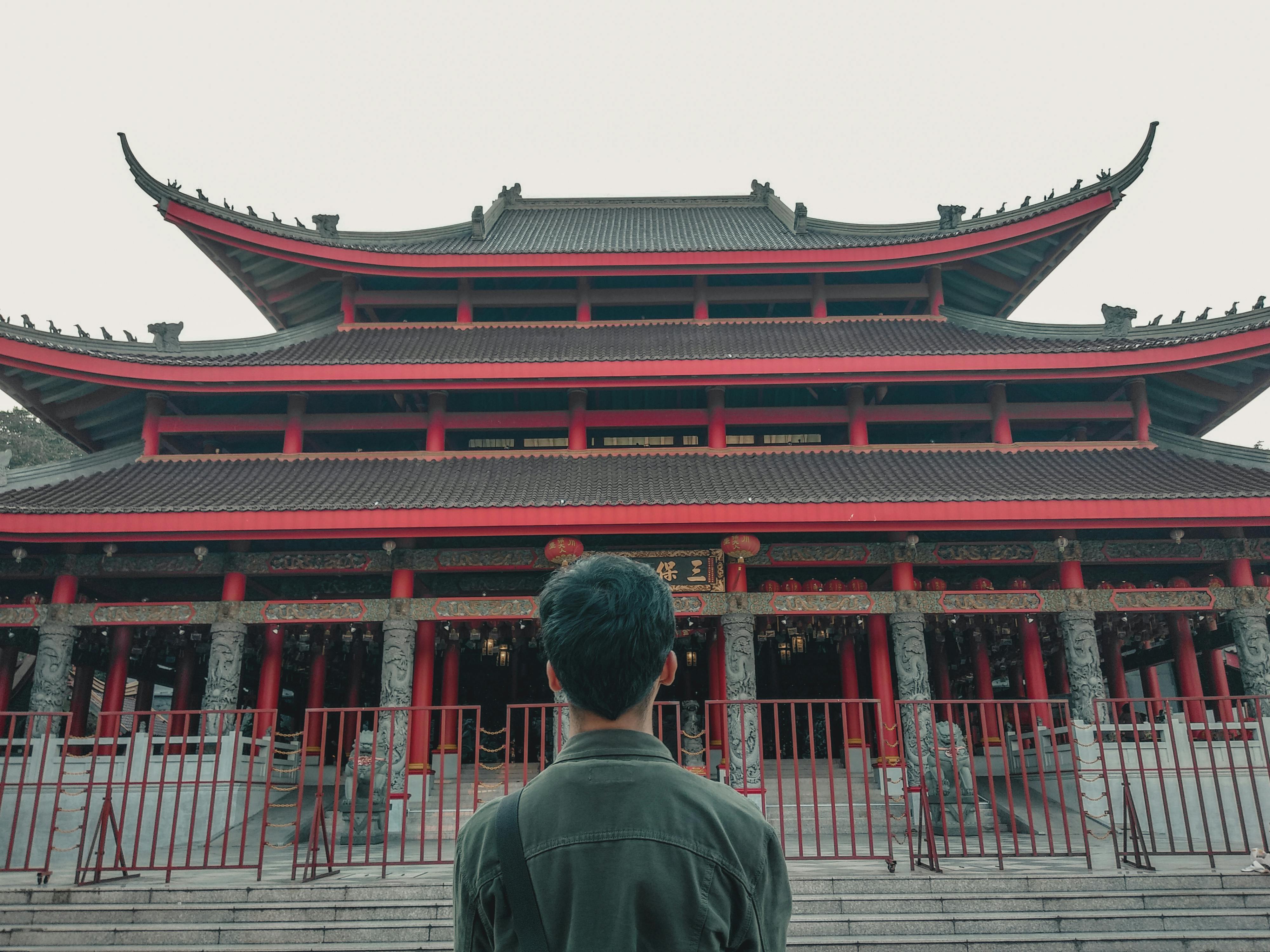
Phuket Property: Investors Turn East
With relative instability and low returns on overseas property investment in recent months, real estate investors have gone through a period of reflection over the past twelve months as they look to see which international markets will deliver long-term investment returns. what they are looking for . Problems such as increasingly fragile economies and oversupply in traditional markets have investors starting to look at markets like Phuket with a view to offering higher returns in the coming years.
Larger than Singapore and located approximately 860 kilometers south of Bangkok, Phuket is one of the top tourist destinations in Southeast Asia. Friendly facilities, good infrastructure, exceptional cuisine and a tropical climate have resulted in a large number of international property investors moving to Phuket. As such, the island is fast becoming a regional hub for international real estate investment, offering relative stability in uncertain times.
Phuket has recently witnessed the launch of some exciting and genuinely innovative real estate projects on the island. Projects like the Royal Marina and Laguna Village are well-conceived developments that are attractive to foreign investors. These projects offer a genuine lifestyle option for people, offering to live by the water in a beautiful and friendly environment.
In addition to favorable local conditions for investors, the second factor contributing to this growth in demand for Phuket property is the growing acceptance of foreign real estate investment in Thailand by local authorities. Currently, Thai law states that a foreigner cannot own freehold of the land, however, they can purchase a freehold title to the building on the land. In effect, the resulting purchase agreement will see the buyer purchase freehold title to the property and a separate 30-year lease on the land itself. In this case, it is common for the contract to provide an option to extend the lease two more times, each for thirty years, effectively giving a 90-year lease.
Property law in Thailand is slightly different for investors looking to buy a condo, where a developer is likely to offer the buyer a lease and freehold option. Under Thai property law, foreign ownership of a condominium must be below the allowable limit of 49%, and in this case, ownership can be offered on a freehold basis. However, if the block currently exceeds the 49% foreign ownership quota, then the property will be offered on a lease basis with the option to extend the lease twice for 30-year periods.
While this method of property legislation may seem time consuming and complex, it is commonly practiced in Thailand, and it is believed that the authorities are currently looking to simplify this process. As with all foreign property purchases, the requirement of a solid understanding of local law makes choosing a good multilingual lawyer a key factor in a smooth transaction.
These more favorable conditions, coupled with the currently stable political and economic climate in Thailand, mean that investors are earning long-term returns from a market that currently represents good value in the real estate market.
The property market in Phuket is gaining popularity, but it still has a long way to go before reaching maturity. With a variety of properties on offer in the region, Phuket has something to suit all tastes and budgets.